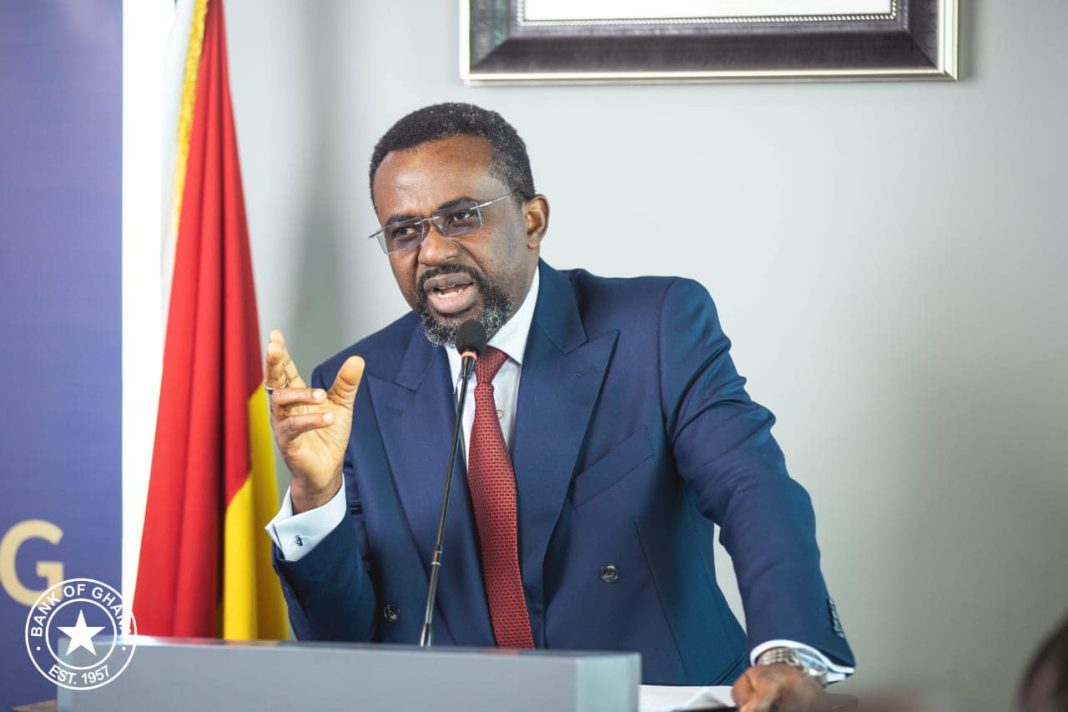By Morkporkpor Anku
Accra, April 23, GNA – Dr. Johnson Pandit Asiama, Governor, Bank Of Ghana, says steps are being taken to reduce and stabilize inflation, and build reserves amid sound fiscal policy consolidation measures.
He said across the continent, central banks had taken bold steps to strengthen transparency, independence, and credibility.
The Governor was speaking at the African Leaders & Partners Forum in the United States America on the theme: “Africa & The U.S.: Shaping A Trade-Driven Future.”
Total U.S. goods trade with Africa in 2024, reached $71.6 billion, with a $7.4 billion surplus in favor of the continent.
He said stability alone was not a panacea for sustainable partnership but rather it was the starting point.
He said as African Growth and Opportunity Act (AGOA), pact nears expiration in 2025, in its renewal, “we must reshape AGOA to align with Africa’s industrial goals, ensure rules-based access, and embed incentives for value added exports.”
The Act, enacted in 2000, was a watershed trade moment granting duty free access to the U.S. market for eligible African countries and opening space for deeper trade cooperation.
Yet over the past two decades, this relationship has remained narrowly centered on exports of raw materials, extractives and some activity in the energy sector.
Ghana offers a powerful case study within this broader narrative and under AGOA, Ghana has emerged as a top beneficiary, exporting not only oil but also cocoa, textiles, and handicrafts to the U.S.
Between 2019 and 2024, Ghana–U.S. trade averaged $2.5 billion annually, representing about 15 per cent of Ghana’s total exports. In 2024, bilateral trade reached $2.48 billion, with Ghana exporting $1.60 billion, primarily crude oil, cocoa, and timber, and importing $874 million, resulting in a trade surplus of over $730 million.
He said a sound macro environment needs a resilient financial system beneath it to support growth.
He said Ghana’s Financial Stability Fund, developed with international partners, had supported post-pandemic solvency and governance reform.
Dr Asiama said across Africa, “we need to further embed technology in supervision using Suptech and Regtech, improving accountability, and enabling our financial institutions to support private-sector-led growth.”
He said the task was to build systems that would transform ideas and interest into tangible investment and turn risks into opportunity, while deepening trade integration and addressing the financing constraints that continued to hold back Africa’s export potential.
He said as global supply chains were redefined, Africa must move from being a source of raw materials to a destination for investment across high-impact sectors, adding that in Ghana, that opportunity was real and immediate.
GNA
CA
